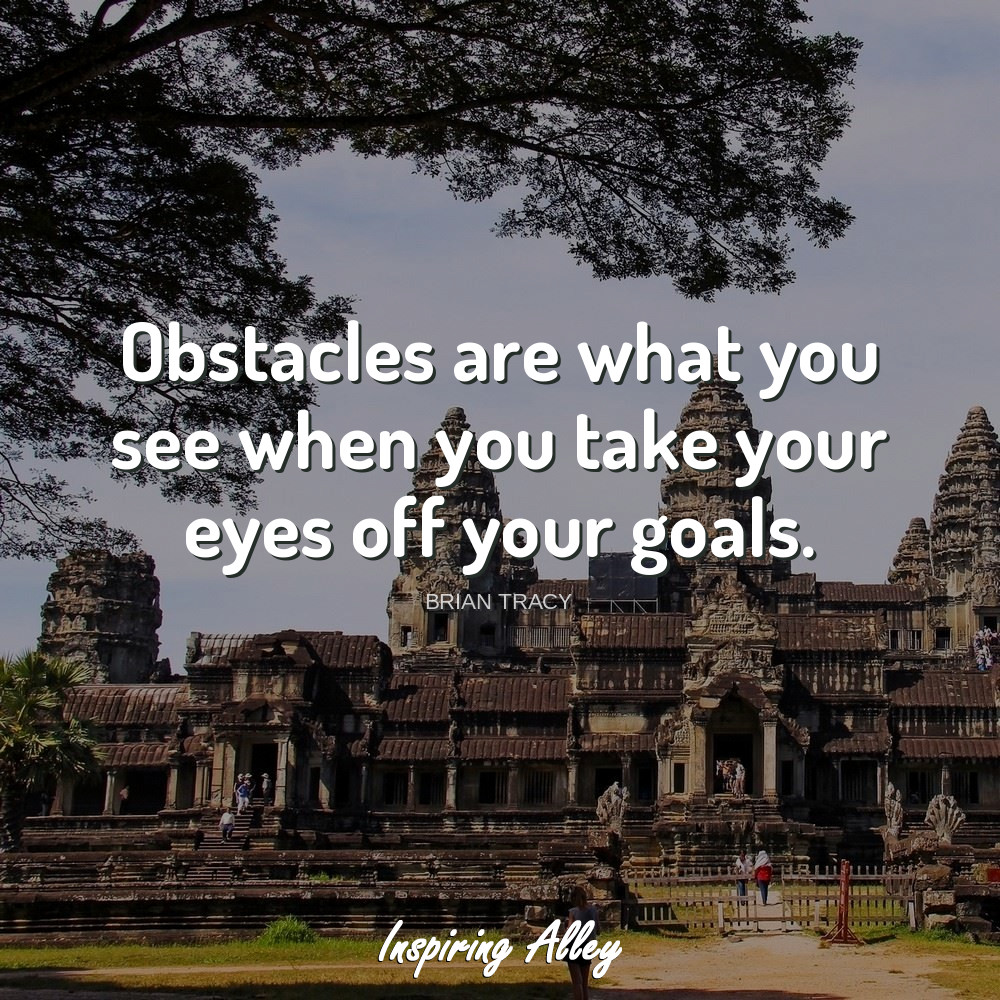
Something to think about!
-Jan R

Something to think about!
-Jan R

I just entered my first writing contest. I have to admit I’m a little apprehensive, but also excited to hear what the judges think.
This particular contest evaluates the first five pages of your work and compares it to other entries. There are prizes, but that isn’t my main reason for entering. The contest offers a critique and comments regardless of whether you win or not, and if you win, it provides affirmation of your writing to include in your next query letter.
Many unpublished authors have used them as a tool, and they can be an effective avenue for getting noticed. If you have contemplated following this route, there are some things to keep in mind that will give you an advantage. Using contests the wrong way are a waste of time and money. Educate yourself on how to make them work for you.
Make sure only your best work leaves the house Edit and re-edit you work before sending it out to a contest just as you would with a literary agent or editor. It has to be as close to perfect as you can get it.
Make sure you have a compelling hook One of the best ways of increasing your odds in a contest – hook your reader. Pull that contest judge into your manuscript and then leave him/her hanging with an even better hook that leaves them screaming for more.
Color inside the lines In other words, follow the rules. A writing contest is not the place to bend the rules and do cute things to make your work stand out. Bending the rules when it comes to point of view or passive voice will generally reduce your score significantly.
Judge the Judges If you are entering a contest with the hope of getting in front of an editor, make sure the editor judge reading your work, works for a publishing house that buys the type of manuscript you are writing.
Know what the judges are looking for Most RWA chapters post their score sheets showing how manuscripts are scored. Review the score sheets and make revisions as indicated to give yourself a better chance of making the finals.
Just some things to keep in mind.
Would love to hear recommendations from any of you who have entered contests.
-Jan R

Something to think about!
-Jan R

Hopefully, at this point, you know what plot holes are. They are gaps or inconsistencies that go against the flow of logic established by the stories plot.
When you are writing, you know what’s happening and you may not question why Suzie is talking to Jeff about needing a job in one paragraph and working for him in the next. I’m not saying you need every little step in order for your reader to follow what’s going on. I’m sure most people don’t want to know she woke up, took a shower, put on her favorite dress, ate some Cheerios, and brushed her teeth with Crest toothpaste before walking out the door to go to work, but if Jeff gave her a job, I think that’s pretty darn important. This is a missing plot piece.
Like I said, you know what’s going to happen next so you can smooth out the inconsistencies in your mind while you’re reading, but your reader does not. They are left confused and questioning how the character got from point A to point B, or why they can’t progress to point C – when it’s the logical choice.
The following pictures showcase a few infamous plot holes that should help you understand a little better what I’m trying to say. Enjoy!




I think you get the picture. Make sure your plot makes sense. Your reader is smart, and they will catch on. Push them too far and you may lose them.
Hope this gave you something to think about.
-Jan R

Something to think about!
-Jan R

You’re an aspiring author. Your ultimate goal is to find a great agent and get published. Who doesn’t want to be the author of that blockbuster book/movie of the year with a million-dollar payout?
Newbies have a tendency to set unrealistic expectations, and I can attest to this from personal experience. I’m not saying you won’t achieve your goal, but odds are, you’re going to have to start at the bottom and work your way up like the rest of us.
I’m not trying to discourage you. You can do this. I’m just trying to help you set realistic goals. I want you to be prepared not only for successes but the failures that you will most likely incur along the way.
There are some things you can and should be doing as you build your platform and prepare that first novel for publishing.
Some things to think about 🙂
-Jan R